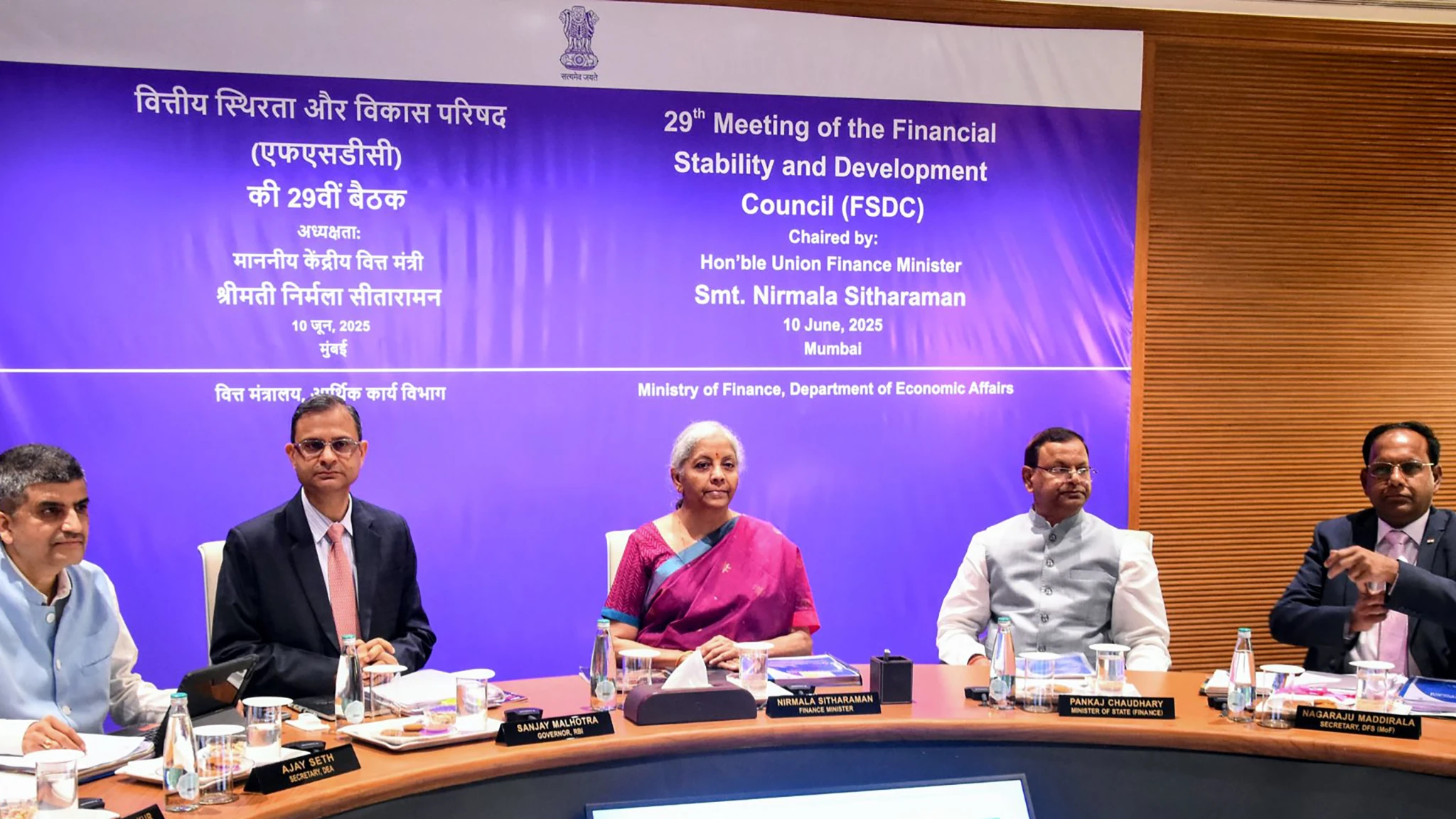SME IPO Fiasco Exposes Regulatory Gaps
In a dramatic turn of events, the much-anticipated listing of TrafikSol ITS Technologies faced an abrupt postponement, even after a successful IPO that was oversubscribed. The company’s Rs 44.87 crore issue, which saw a remarkable 318 times oversubscription in the retail category, was halted at the eleventh hour by the BSE. Citing unspecified concerns, the exchange delayed the listing and froze the IPO funds, which now sit idle in an escrow account. The grey market premium, once soaring at 135 percent, vanished overnight following this intervention.
Governance Under Spotlight
This incident throws a harsh light on a systemic issue within India’s SME segment: the raising of funds without adequate oversight. While SEBI is the ultimate regulator of capital markets, the exchanges themselves are tasked with the crucial job of scrutinising companies seeking to list on their SME platforms. However, the exchanges operate in a fiercely competitive environment to attract listings. In this race for business, it appears that meticulous vetting processes have been compromised.
Red Flags and Missed Signals
In the case of TrafikSol, red flags emerged when the company’s intended use of investor funds came under scrutiny. A significant 40 percent of the IPO proceeds—amounting to Rs 17.7 crore—were earmarked for acquiring software from Oasis Corpcare. Oasis, an obscure firm with a meagre equity capital of just Rs 1 lakh and a stated focus on auditing and book-keeping, had not even filed its own financial reports since 2021. These glaring discrepancies only surfaced after being highlighted on social media, compelling the BSE to take last-minute action. This episode underscores the urgent need for more robust due diligence in SME IPOs. Companies aiming to raise funds through this platform must pass a basic ‘smell test’ at the very least.
Balancing Regulation and Growth
Recognising these shortcomings, SEBI is reportedly considering tightening the regulatory norms for SME listings. However, this could present a double-edged sword. While enhanced scrutiny is undoubtedly necessary, excessively stringent regulations could deter smaller companies from utilising the SME platform altogether. For instance, the NSE’s recent rule demanding companies to demonstrate positive free cash flows for two out of the last three years might be overly restrictive. Such criteria could exclude many promising growth-oriented firms, especially those in their early scaling phases.
NBFCs Poised to Prosper
Interestingly, as regulatory scrutiny on SMEs potentially increases, another sector, Non-Banking Financial Companies (NBFCs), is anticipated to benefit from expected interest rate cuts. Analysts predict significant growth in NBFC assets under management, particularly in consumer finance and gold-based lending. Stocks like Bajaj Finance and Shriram Finance are being recommended as investments. If stricter regulations push SMEs towards private equity or alternative financing, it might inadvertently channel more investment towards larger, established financial institutions, including NBFCs. Godrej Capital, for instance, is strategically focusing on small business and housing loans, while cautiously avoiding consumer finance, and has IPO aspirations once it reaches a certain asset size.
Striking the right balance between investor protection and fostering a supportive environment for India’s burgeoning SME sector is vital. Will SEBI’s tighter norms effectively weed out bad actors without stifling genuine small businesses seeking capital to fuel their growth? The answer will determine the future trajectory of India’s SME landscape and the accessibility of its capital markets.










Leave a Reply